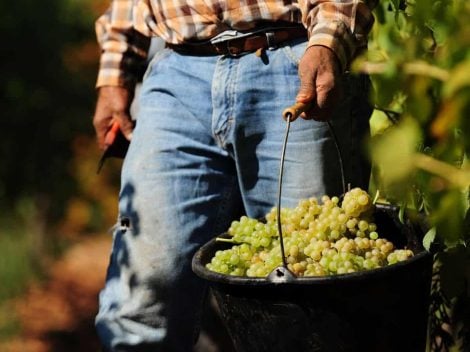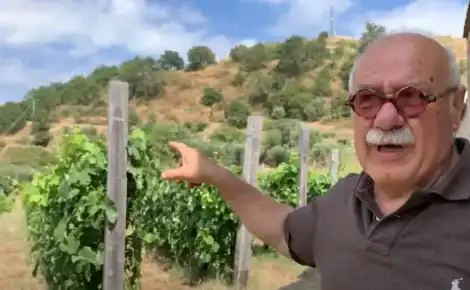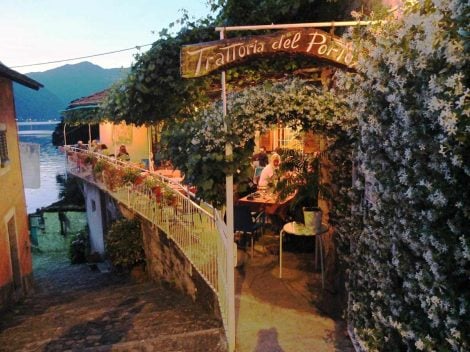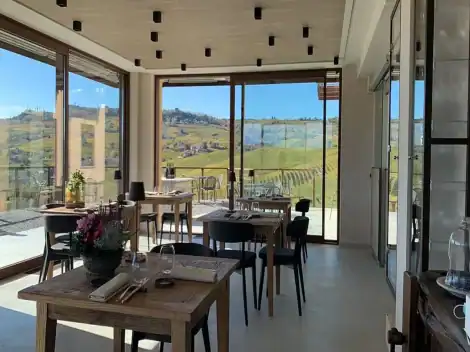Often, producers of natural wines are criticised for not adopting solutions to limit defects such as oxidation or volatile acidity. However, ultimately, this is part of an approach chosen for their winery, which may also appeal to a segment of the audience.
Oxidation doesn't align with terroir-driven wines
Therefore, the discussion about defects, particularly oxidation, doesn't concern consumers as much because if these wines find a market, the issue doesn't persist. It's more of a choice that pertains to how a producer believes wine should be made.
If the aim is to produce wines that reflect the characteristics of the territory, expressing the varietal typicalities and the production tradition, it's advisable to avoid oxidation. This is because oxidation tends to standardise the taste, making all wines seem alike. However, if the focus is primarily on the aspect of naturalness, then one may decide to let the wine oxidise.
A new concept of naturalness
Conventional wines and natural wines represent two opposing poles that are in contrast. However, there is a perceived need to establish viticulture supply chains that can combine sustainability and quality through a new concept of naturalness involving both the scientific world and the industry, as well as public entities.
Advancements achieved by so-called precision viticulture, now applicable even to small-scale enterprises, allow for the assessment of the vegetative-productive status in different parts of a vineyard. This enables adjustments in the application of energy inputs (fertilisers, irrigation water, pest control products, etc.) based on the actual needs of the plants. This approach is the most effective way to enhance terroir while respecting environmental and economic sustainability.
Technique and technology are evolving, information sources are multiplying, but unfortunately, expertise is not advancing at the same pace, and science is not always disseminated widely: fake news, misinformation, and alarmism limit its accurate dissemination.
Natural wine: from extravagance for a few to a necessity for all
Gabriel Tarde (1903) was the first to address the dissemination of luxuries or 'populuxe.' "An innovation," Tarde emphasised, "enters the market as the extravagance of an elite before gradually transforming into a necessity for everyone, considered indispensable by all." What was once a luxury becomes a necessity over time. Innovation can originate from the lower ranks of the population, but its widespread adoption depends on the existence of a certain component of elevated sociality.
The bottleneck here is the significant shortage of educators and communicators who can blend technical expertise with the ability not just to be understood but also to captivate those who listen or read, regardless of the communication channel. Before aligning with what is 'without,' one should ensure awareness and knowledge of what is 'with.'
by Attilio Scienza
Cover photo of Ambitious Studio* - Rick Barrett

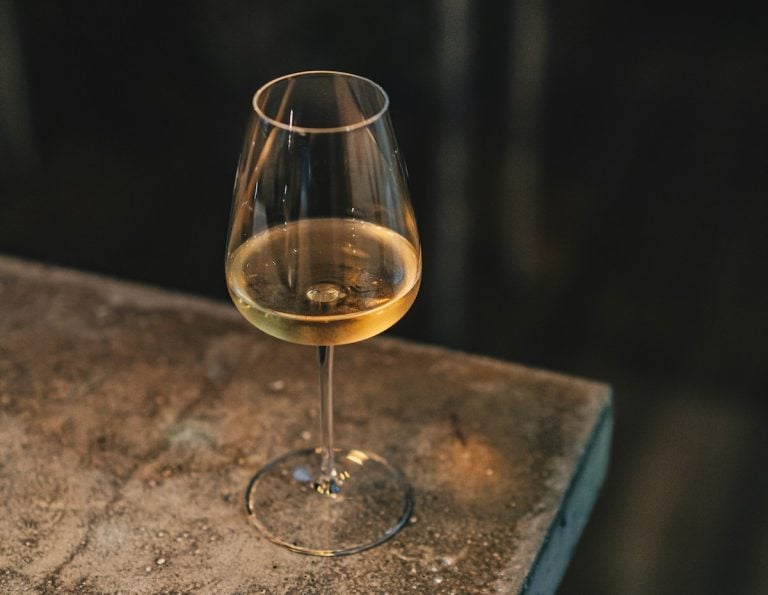
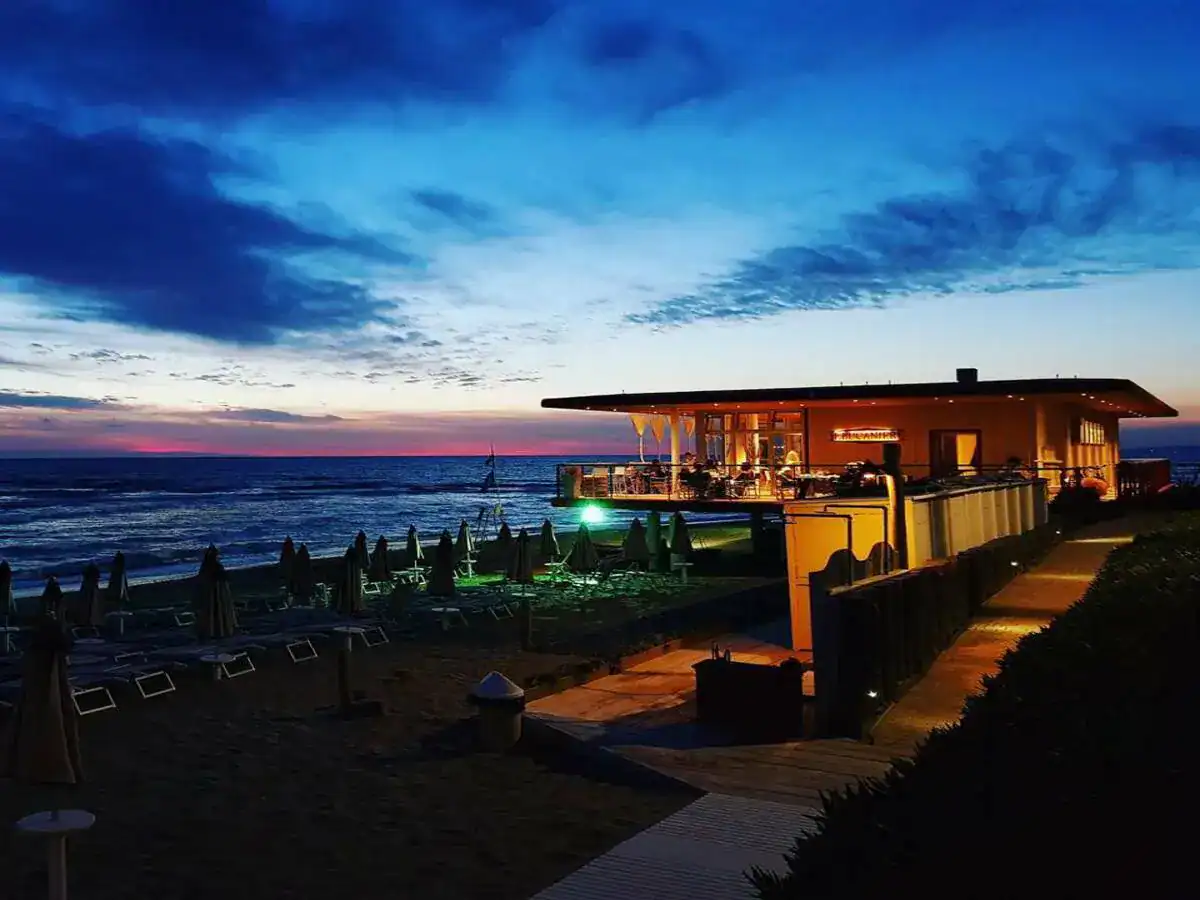 Eating by the sea in Tuscany. The best beachfront restaurants selected by Gambero Rosso
Eating by the sea in Tuscany. The best beachfront restaurants selected by Gambero Rosso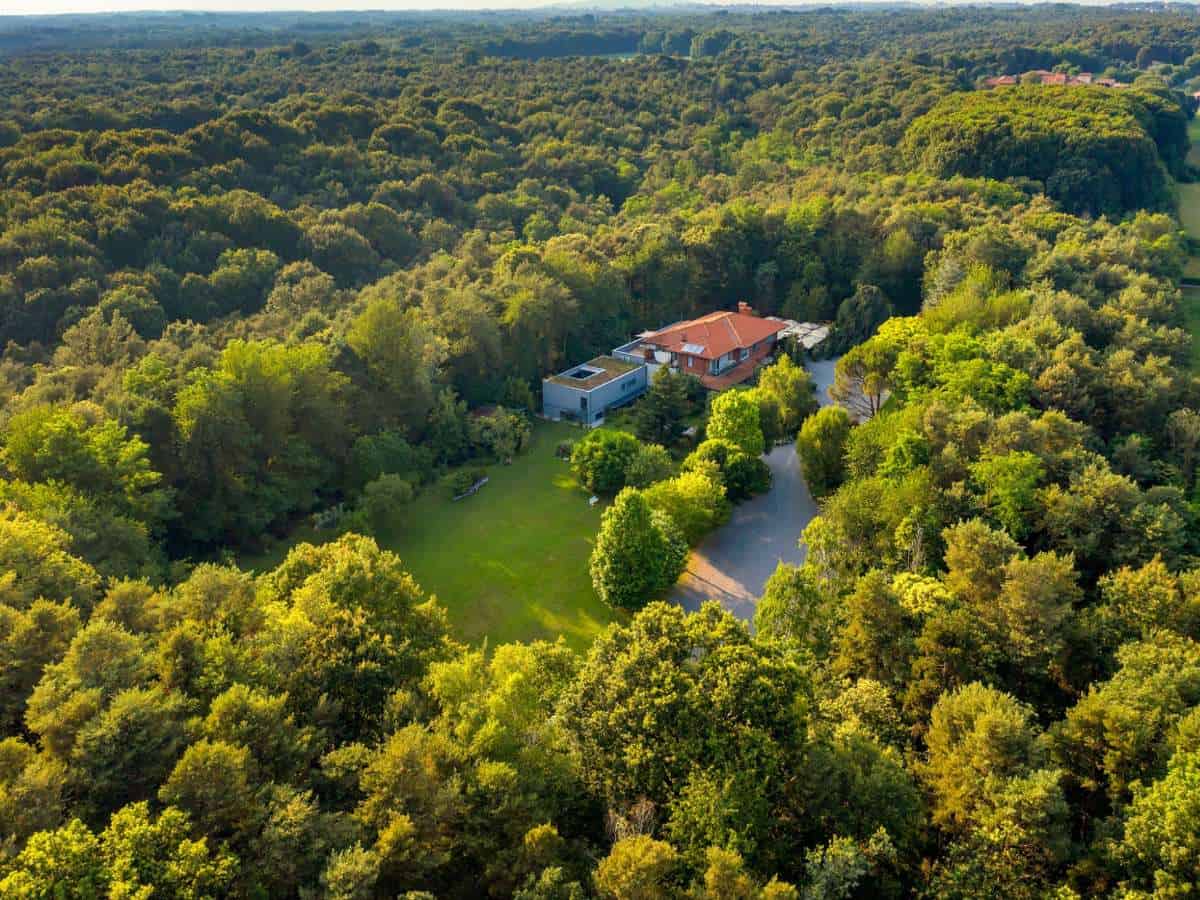 Contemporary cuisine, farmhouses and pinewoods. The hidden restaurant in the nature park near Como
Contemporary cuisine, farmhouses and pinewoods. The hidden restaurant in the nature park near Como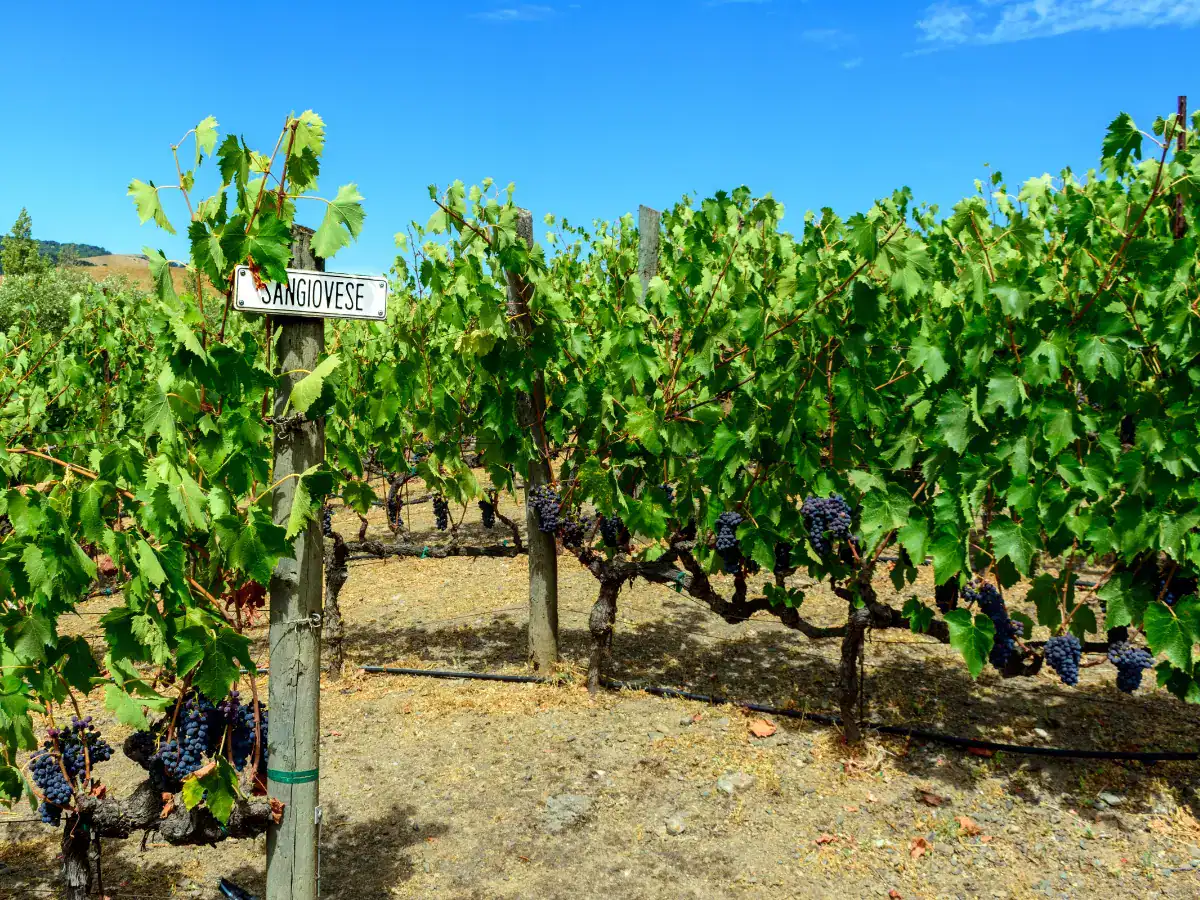 California rediscovers Sangiovese. A brief history of the revival of a forgotten grape variety in the United States
California rediscovers Sangiovese. A brief history of the revival of a forgotten grape variety in the United States There’s a small shop in Tuscany making incredible stuffed sandwiches and focacce
There’s a small shop in Tuscany making incredible stuffed sandwiches and focacce Gourmet maritozzi, Ascolana olives, and suburban pastrami: the unmissable street food of Italy
Gourmet maritozzi, Ascolana olives, and suburban pastrami: the unmissable street food of Italy
